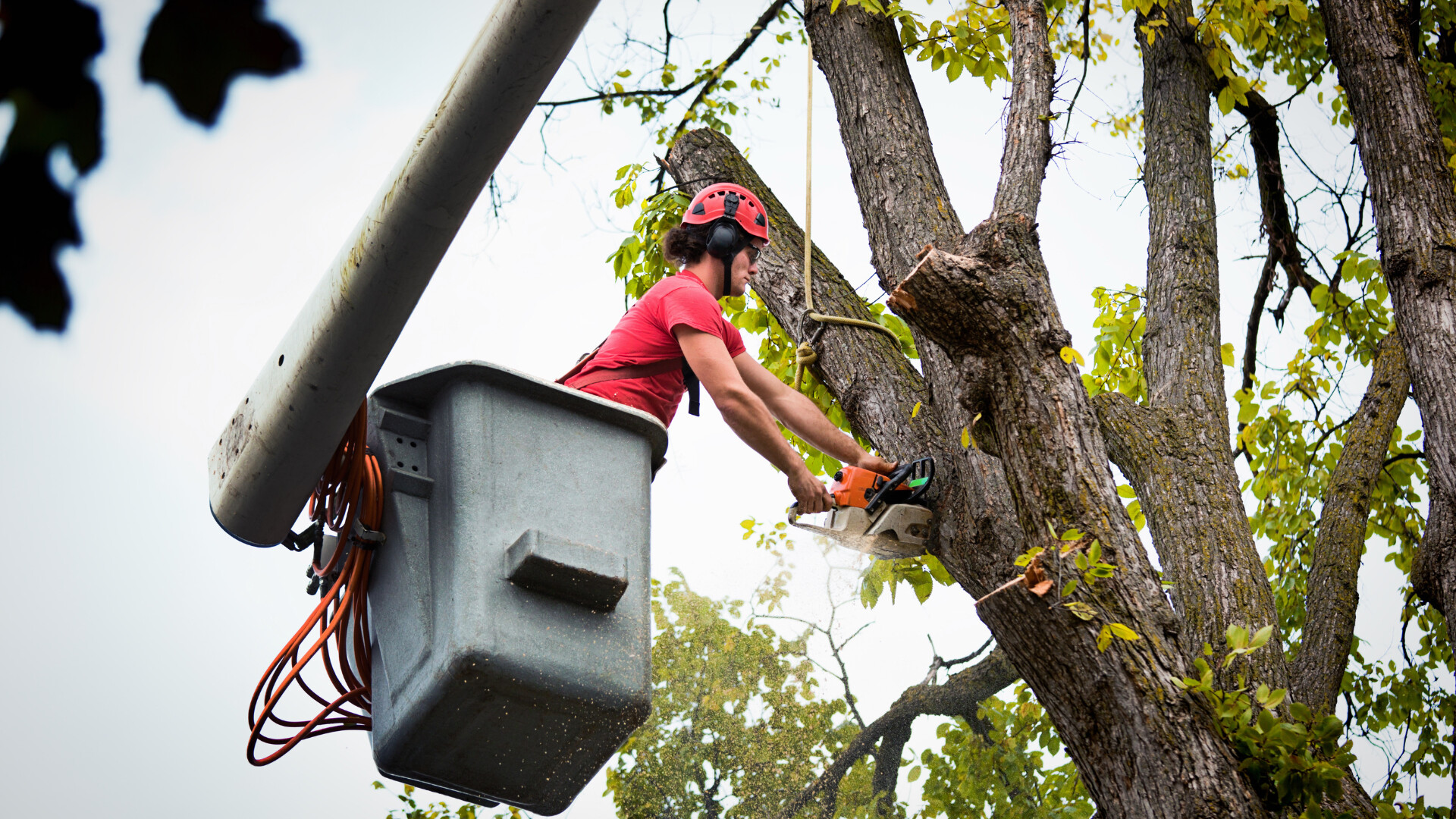Caring for trees is an art and a science, requiring specialized skills and knowledge. Whether managing urban landscapes, maintaining private gardens, or ensuring the safety of public spaces, understanding tree care is essential. Proper training equips individuals with the expertise to handle tools, assess tree health, and perform maintenance safely. With the correct techniques, you can prolong the life of trees while preserving their beauty and value. Training programs provide hands-on experience, fostering confidence and professionalism in every task. As more people recognize the importance of well-maintained trees, the demand for skilled professionals grows. Keep reading to explore the benefits and opportunities in this field.
Understanding the Importance of Tree Health
Healthy trees enhance landscapes by providing shade, improving air quality, and boosting property values. However, they are susceptible to various challenges, including pests, diseases, and environmental stress. Identifying and addressing these issues is crucial in preserving tree health. Proper pruning, fertilization, and pest management are vital aspects of tree care that require expertise and precision. With the appropriate training, you can assess tree conditions and implement effective solutions promoting growth and stability.
Learning Safe Equipment Handling
Tree maintenance often involves working with specialized tools and machinery, such as chainsaws, climbing gear, and wood chippers. Proper training ensures you understand how to operate these tools safely and efficiently. This knowledge minimizes risks and prevents trimming felling, or stump removal accidents. Safety protocols, including the correct use of personal protective equipment, are emphasized to protect both the operator and the surrounding environment. Skillful equipment handling is a cornerstone of professional tree care.
Enhancing Environmental Awareness
Caring for trees goes hand-in-hand with promoting sustainability and environmental stewardship. Training programs often highlight the ecological role of trees and how to manage them responsibly. From preserving habitats to understanding the impact of soil health, these insights help professionals make informed decisions. Encouraging biodiversity and minimizing waste during tree work are just a few ways this knowledge benefits the environment. Tree care specialists contribute positively to the planet by aligning practices with eco-friendly principles.
Developing Specialized Skills
Tree care encompasses various activities, from planting and pruning to diagnosing structural issues and performing hazard assessments. Training programs offer opportunities to develop specialized skills in arboriculture, pest management, and advanced climbing techniques. These skills are essential for tackling complex challenges and delivering high-quality services. By mastering these aspects, you can establish yourself as a trusted expert in the industry.
Expanding Career Opportunities
The demand for trained tree care professionals spans multiple industries, including landscaping, construction, and environmental conservation. Employers value individuals with certifications and practical experience, as these credentials demonstrate dedication and proficiency. Completing a training program opens doors to arborist, tree surgeon, or environmental consultant roles. The versatility of this field ensures a rewarding career path with opportunities for growth and specialization.
Investing in professional development allows you to approach tree care with confidence and expertise. You can make a meaningful impact in this essential field by mastering techniques, enhancing safety, and embracing sustainability.
Tree Care Training offers a variety of courses designed to build the skills needed for success. Explore their programs to take your passion for tree care to the next level.



